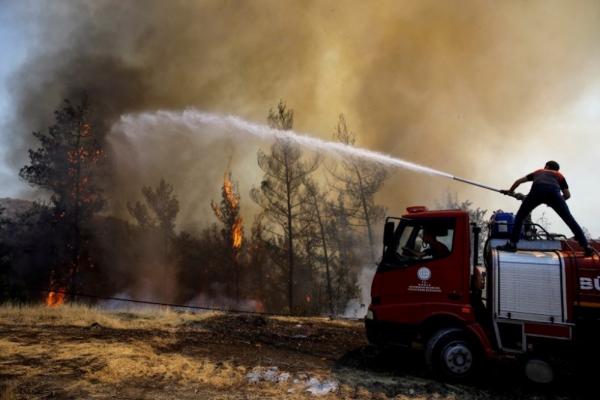This week, the United Nations Intergovernmental Panel on Climate Change (IPCC) released a report on the state of the climate crisis. It is a report that frames, in the cautious language of science, the dire state of the world. This panel of experts from around the world found that warming of 1.5 to 2 degrees Celsius in the next century is certain unless there are extreme and immediate cuts in greenhouse gases. This level of warming would spread and intensify the kinds of extreme weather — hurricanes, wildfires, floods, and heat waves — we have seen unfold for over a decade. This report shows us the reality that our actions will not be enough to prevent catastrophic climate change. Immediate action on climate can prevent the worst effects of climate change — but catastrophe has already happened. Catastrophes are happening all around us.
Read the Full Article

